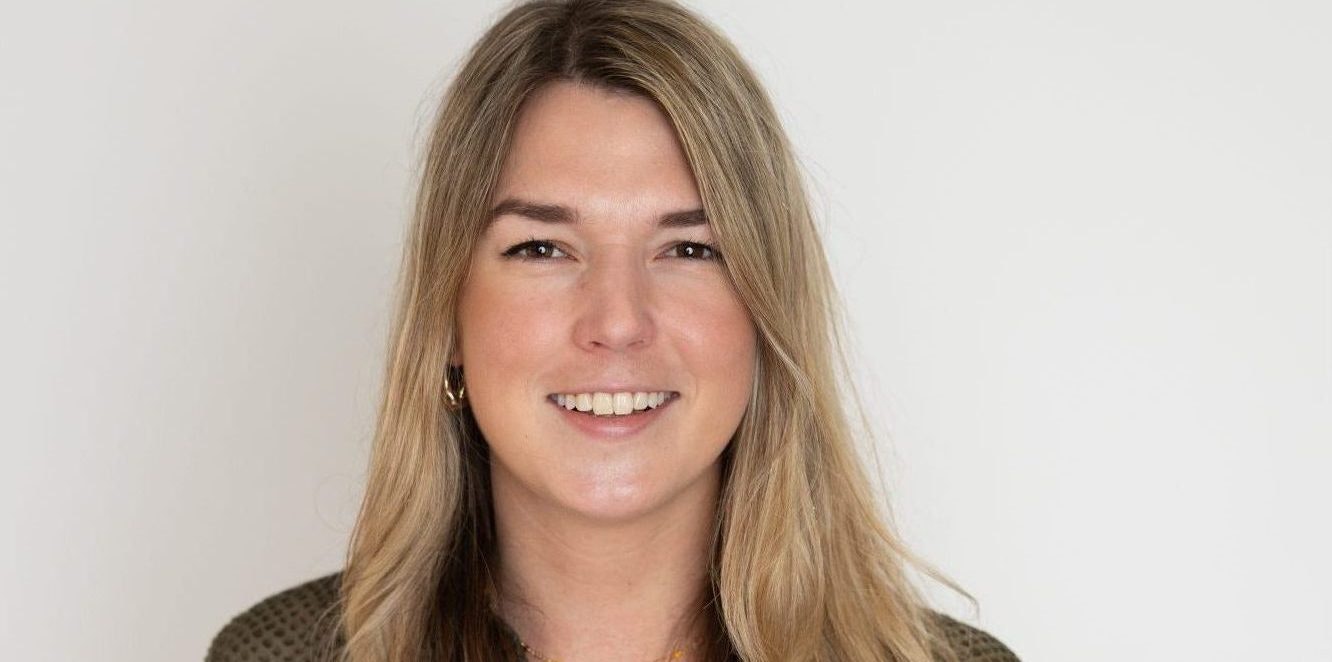As the growth of fintech slows, scaling remains a key priority for founders. To achieve this, startups need to navigate the regulatory landscape of different countries, overcome cultural and language barriers, and manage payments and other transactions in various currencies.
All of this can be significantly difficult for businesses, but it can be achieved. Here’s how.
Internal and external hurdles
Pranav Sood, general manager, EMEA at global fintech Airwallex, thinks about scaling fintech in two ways — one is the internal hurdles and the second is the external hurdles.
If you're a small business just getting going, it's a pretty big turnoff if your customer is being told that they have to pay in a currency that isn't their own
“Internal means as a business, how do I set up my own operating structure to make money move around the world the way that I need it to?” he says. “External means how do I make sure the products I offer meet the needs and expectations of my customers.”
In the external capacity, it's important to remember that you need to be able to meet customer needs and preferences when it comes to the currencies they pay in, the payment methods that they use and the payment rails that they're collecting in.
“Take, for example, accepting payments in US dollars everywhere in the world,” says Sood. “That's probably okay if you're Google or Meta, but if you're a small business just getting going, it's a pretty big turnoff if your customer is being told that they have to pay in a currency that isn't their own.”
Jumping the hurdles
When a fintech company is ready for global expansion and growth, there is a lot to consider, further complicated by an uncertain economic market.
Economic volatility and shifting compliance and regulations are here to stay, so it’s important to do things the right way to enable longer-term business sustainability
“More than ever before, the outlook for fintech in 2023 will be driven by external factors and ongoing economic uncertainty,” says Dinghua Liu, SVP of customer experience and operations at Airwallex. “In this context, the important thing in order to overcome challenges and enable more growth is to be resilient as a company and to be very focused and disciplined with how you scale.”
Liu notes the importance of working on having the conviction and ability to drive operational and functional excellence. She recommends looking at the regulatory and business requirements, and tracking your ROI to assess the overall impact
“Economic volatility and shifting compliance and regulations are here to stay, so it’s important to do things the right way to enable longer-term business sustainability,” she says.
Partnering up
As a founder, it’s important to acknowledge where your expertise lies. Many leaders attempt to wear multiple hats within their business, but that can mean attention is diverted away from where their skills truly lie. Here, partnering with another startup can prove fruitful.
Dann Bibas is GM international at Public.com, a US-based investment platform that is set to launch in the UK this year. Public.com has partnered with Airwallex to help meet the needs of its customers in new markets.
The benefit of partnering is that you're able to pick and choose the bits that you need and hopefully customise their deployment to your requirements
“As you're building your product and starting to launch into new countries, there are constantly regulatory, operational, technology and marketing considerations, and they're all interlinked,” Bibas tells Sifted.
“Partnering allows you to immediately leverage a solution that's more sophisticated, more advanced, and maybe even more economical,” he continues. "With the right partnerships, you have the advantage of working with teams, technologies and processes that are more established in new markets. The knowledge-sharing between partners can also be incredibly valuable, especially if they've been in the market for longer and have worked on similar use cases with other clients."
Sood believes that in most cases, partnering is the best bet for businesses — particularly those who are scaling up — because the overhead and complexity involved in building out new infrastructure is high. He says that unless you are an infrastructure business, it’s unlikely to make sense to try and solve these problems by yourself.
“The benefit of partnering is that you're able to pick and choose the bits that you need and hopefully customise their deployment to your requirements,” says Sood. “When you have to build this yourself, you have less flexibility to do this because you have to do all of the foundational elements before you can even start thinking about modularity.”
Scope for scaling
While the economic landscape for fintechs in 2023 will be challenging, fintech has driven change in financial services — and technology will continue to play an important role in the sector.
“Continue to utilise technology — either your own or from another fintech — to solve problems in an innovative manner,” says Liu. “Try to be disruptive and always think about how you can improve services and products for your customers.”
Ultimately, fintech is a people business — it's about having the right people in the right roles
Liu stresses the need to surround yourself with the right team who can help you scale and to spend time hiring the right person instead of hiring to fill a gap — a sentiment that Sood also shares.
“Ultimately, fintech is a people business — it's about having the right people in the right roles,” he says. “Now more than ever, it's really important to be as discerning as you can be about the people that you bring in and clear about the standards that you expect.”
Liu adds that with fintech hiring someone local can be critical. “Ensure you hire the right talent to support your growth internationally — having someone in place that has the local knowledge and can support your ambitions will be a key piece of the puzzle,” she says.
Sood also notes how integral it is to be clear on what your minimum viable proposition looks like and ensure that when you do invest in scaling, you can reach that level.
“People can often get stuck in a trap of offering something that doesn't actually meet their customers’ expectations in the market, and then being surprised that it doesn't get traction, not investing in it and then not seeing the growth that they need to see,” says Sood.
“It's really important to be clear about what the minimum you need is in order to really make sure that your product flies with the customers you want to serve.”




